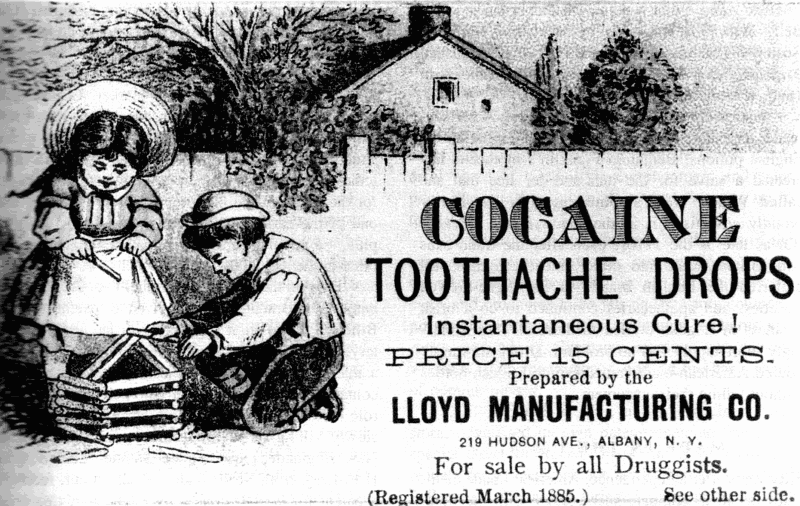Haven't we all had a Dick Whitt?
A Dick Whitt is a term my own AP US History teacher, Mr.
Borenstein, coined to describe a horrible history teacher with even worse
teaching methods, taken from his own experiences with a Mr. Dick Whitt that
tricked him into believing he hated history.
If I could guess correctly, we could all do a trace back
into our school days to a history teacher that made us despise the subject,
even if only for that school year. The cause itself of hating history is not
specifically important. However, resenting history or believing that learning
it is pointless is one of the central issues with our modern day high school
students.
These students love to use terms such as "YOLO,"
meaning "You Only Live Once." Statements like this lead to many
students choosing to live only in the moment without care for the world
around or before them. Most of these students fail to realize or wonder about
the application of our history to our development now. They certainly
don't think about how the days of their lifetime will also be history
eventually and that their achievements or lack thereof create the value of our
generation for the future. If someone were to address these young adults as
already being history, they may think that what they hate is more valuable than they knew a moment earlier.
Applying history to our life today is highly important, and
we need to look for ways to convince students to acknowledge the value it holds.
Addressing all we've learned from the Victorian Age is a
perfect example. Early Victorian times were some of the most dangerous of Great
Britain for its citizens. While they were on the right track in terms of
innovation and demand for health products, it wasn't until the Mid-Victorian
times that they began truly developing viable scientific knowledge about their
lifestyles. In the beginning, the Victorian people weren't even aware that
their treasured home environment had rampant bacteria, poisons and death traps
waiting to take their lives. Their lack of knowledge led to 25% infant death
rates along with arsenic and highly flammable --actually explosive-- celluloid
in products ranging from color dyes and material in clothing to wallpaper and
other common household accessories. The deadly chemicals were over-the-counter
products without regulation. This allowed Victorians to purchase them regularly
if they chose. During this time, children constantly died from overdoses on
Boracic acid added to "freshen" milk or Bovine Tuberculosis in the
drink from the very bacteria that made the sour taste the acid covered. Not all
deaths from pharmacy purchases were accidental though. Convenient to obtain and
undetectable in post-mortems, arsenic also spiked the number of murders by
poison. Once a brute match, Victorian murder morphed into a game of chess, slow
and agonizing for the losing party.
Most people don't think of these horrid times anymore. We've
fixed those problems and no longer worry about such an ignorant and fearsome
reality. Although that is true, our sense of awareness is slipping. As it
slips, we find ourselves becoming essentially Victorian again.
We forget about one of the primary reasons to educate
ourselves about the many faults of the past, prevention. Knowing about the twisted
and adulterated ages without proper safety law that can stop us from falling
back in time to negative reality. Recognizing faults in former societies can
help us recognize the faults in our own. For instance, we no longer have dangers
such as Boracic acid and tuberculosis carrying germs in our milk. Does that somehow
prove our milk is safe? Are modern additives like the hormone RBHT in dairy or
estrogen in soy safe to ingest in large quantities? Not to mention that the
majority of people who love buying new t-shirts probably couldn't tell you what
the factories used to dye their clothing. We assume, as the Victorians
foolishly did in their time, that our most popular items are safe. As a result,
we choose to deny and ignore stories with claims that certain foods lead to
deadly diseases such as diabetes and cancer.
Choosing to acknowledge and apply history is choosing to
avoid ignorance in our own lives. It's our duty and obligation to make our next
generation aware of the importance of the past to our future if we want our
race to continue moving forward and lasting. First, we must note that we are
flawed, and then, we must transform into preachers of reform. We must search
for everyday changes to build up modern industry and health where it lacks and set
the example for our students. Otherwise, they will continue to believe there's no
reason to listen in history class, but they will have every reason to accuse us
of absolute hypocrisy.
While the undeniable truth is that we "only live
once," we should want the world we leave behind to live forever.
 Citations:
Citations:
 Citations:
Citations:- "Cocaine Tooth Drops." N.p., n.d. Web. <http://upload.wikimedia.org/wikipedia/commons/9/99/Cocaine_tooth_drops.png>.
Again, you write a compelling argument. Now, let's take it up a notch: where can you add some sophisticated SAT-lke vocabulary? That's one thing that distinguishes an 8 essay from a 9.
ReplyDeleteI enjoy reading your reasoning.
8